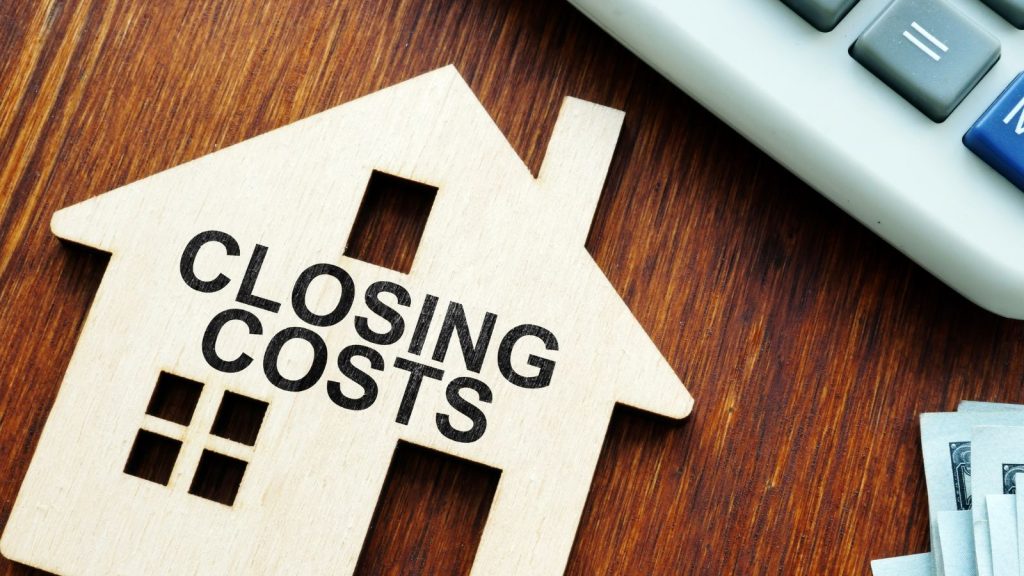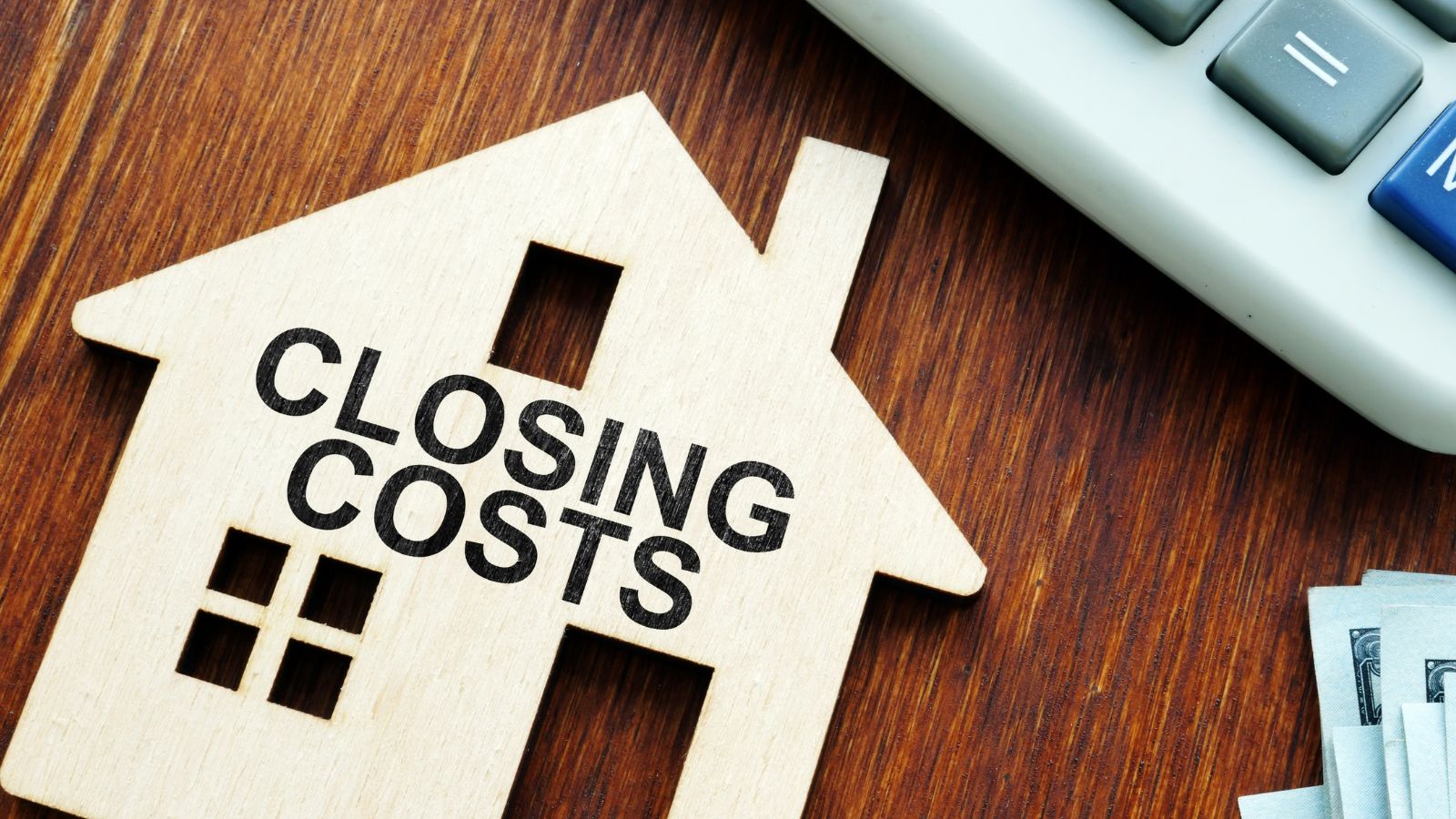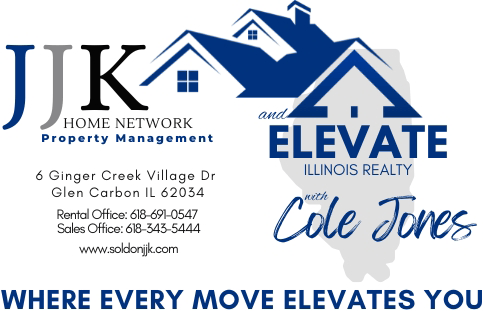When you buy a house, a whole team of people comes together to work on your transaction. You’re paying for more than the sales price of the home you’re buying.
Each person on that team, and each process the transaction must go through, has a fee associated with it. Rather than paying each provider or expense individually, the fees are grouped together in a term called “closing costs,” which you’ll pay on the same day you get your keys.
Closing costs, in addition to your down payment and earnest money deposit, are typically paid out-of-pocket and are not included in the home mortgage loan.
As a general rule, you can estimate your closing costs between two and five percent of the amount of your loan. However, closing costs may fluctuate based on your lender and the state in which you’re buying.

Negotiating Closing Costs with the Seller
If you’re in a buyer’s market and the seller is motivated, you may be able to negotiate closing costs.
The seller may be willing to pay a portion or all of the closing costs associated with the sale of the home. But the seller has his or her own set of closing costs, including the real estate agent commissions.
In a seller’s market, however, where there are competing offers, including a closing costs contingency could be a deal-breaker for the seller.
Financing Closing Costs
Although not a regular practice, some lenders will allow you to roll your closing costs into your home mortgage loan.
The downside to that option is that you’ll be paying a higher interest rate – and you’ll pay on those closing costs for the life of your loan, so around 30 years.
In the long run, you’ll pay several times the amount of your original closing costs. It’s most cost-effective to pay your closing costs out-of-pocket at the closing table.
How Your Lender Affects Your Closing Costs
When you’re financing the purchase of a house, it’s good practice to research lenders. Lenders vary in their interest rates, terms, conditions, and they also account for the majority of your closing costs.
When you apply for your home mortgage loan, you’ll receive a statement of estimated closing costs. Compare lenders and see if they’re willing to negotiate some of their fees.
Common lender fees may include but are not limited to:
- Loan Application Fee (also known as an origination fee)
- Credit Check
- Assumption Fee (if you’re assuming the seller’s mortgage)
- Attorney Fees
- Rate Lock Fee (if you’ve chosen a fixed interest rate)
- Escrow Fees
- Underwriting Fee
- Mortgage Insurance Application
- Pre-paid Interest, or Points
- Notary Fee
- Recording Fee (so the purchase is on public record)
- Courier Fees
- Wire Transfers
- FHA, VA, or USDA Fees (if applicable)
- Pre-paid Daily Interest Charges (accrued between the time the seller accepted the offer and closing)
- Property Taxes (charged between the seller’s acceptance of your offer and the date of closing).
Your lender might also require that you obtain multiple insurance policies, which may include but are not limited to:
- Private Mortgage Insurance (depending on your credit and other qualifying factors)
- Homeowner’s Insurance
- Flood Insurance
- Natural Hazard Insurance
In many cases, your closing costs will include several months’ worth of insurance payments, which are held in an escrow account, along with your property taxes, and will be paid on your behalf.
Other Lender Associated Closing Costs
When you finance a house, your lender needs to verify that the property is structurally sound, that it’s valued at the amount that you’re financing, and whether the home is subject to floods, fires, or natural disasters. To do this, they require an appraisal, inspection, and possible survey.
A home inspector investigates the structure, foundation, as well as the roof, and major systems of the house to make sure it’s in good condition. He or she will check plumbing, electrical, heating and air, and will also look for pests such as termites that could cause property damage over time.
A certified flood inspector, if applicable, determines if the property you’re purchasing is in a flood zone where additional insurance may be required.
Another kind of inspection that may be required is a lead-based paint inspection, which is not included in the standard home inspection.
An appraiser first uses a comprehensive market analysis, or a CMA, to compare your property to recently sold houses in your area. As the real estate market is ever-changing, so are home values.
In addition to using the CMA, the appraiser examines the property to see how well it has aged and what condition it’s in. With all of this information, the appraiser is able to satisfy the bank that your house is worth what you’re paying.
A surveyor, if necessary, clearly defines the property lines.
Title Fees
There are several fees associated with the title of the house. Some of these costs include a title check to make sure there are no tax holds or liens against the property so that it can legally be sold.
Once the title is cleared, it must be transferred from the seller to the buyer, for which there is also a fee.
Owner’s title insurance protects you, the buyer, in the event that the title is contested after you take ownership.
Your lender may also call for you to pay lender’s title insurance.
Additional Closing Costs
If the house you’re buying is in a homeowner’s association, you’ll need to pay a transfer fee to assume responsibility for the HOA membership.
Rely on Your Real Estate Agent
Your real estate agent has access to information and resources that may not have been readily available to you.
For example, the agent may have relationships with lenders, appraisers, inspectors, and other service providers who may offer a reduced rate for their services.
Your agent may aware of unique programs to help buyers pay their closing costs.
Make a list of questions you have related to closing costs, then talk with your real estate agent about ways you can negotiate or save money along the way.
Conclusion
Closing costs in real estate amount in the thousands of dollars. If you’re not prepared to pay out-of-pocket for the fees and services associated with your transaction, it could be a deal-breaker.
Examine various lenders to determine which is the best fit for you. Don’t be afraid to try to negotiate some of the fees the lender charges. The lender is the primary chunk of your closing costs.
By law, your lender must provide two disclosure documents: an estimate of closing costs, and a statement of actual closing costs. Store these documents in a safe place. In the long run, there shouldn’t be too much difference between the estimated closing costs and the final amount.
You can ask the seller to negotiate closing costs, or potentially roll them into your home mortgage loan, but each of those options come with risk. Otherwise, plan to pay the total at the closing table.
Talk with your professional, qualified real estate agent about closing costs, what you can expect to pay in your state when you buy a house, and how you might be able to reduce those costs.
JJK Home Network is the best source of information about the local community and real estate topics. Give JJK Home Network a call at 314-258-1296 or 618-691-0547 to learn more about local areas, discuss selling a house, or tour available homes for sale.


